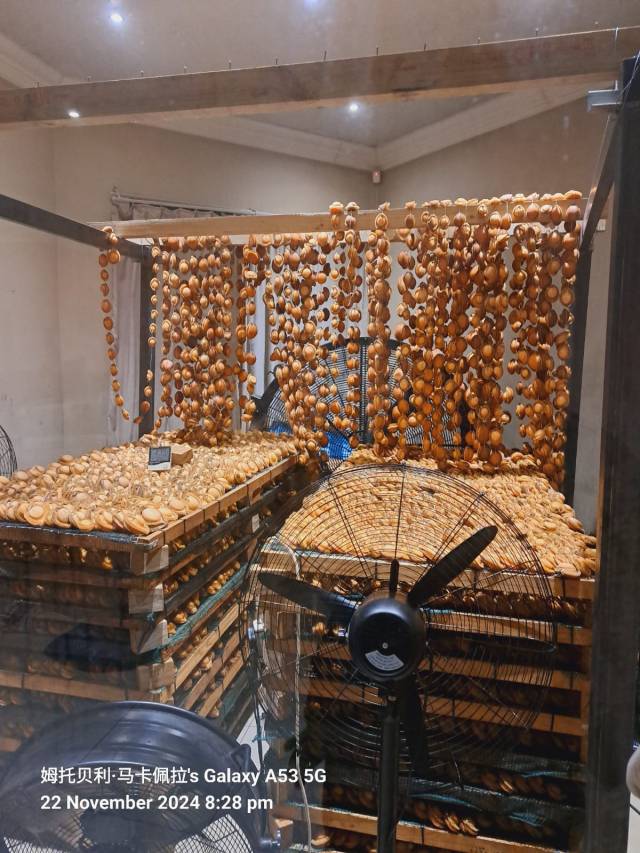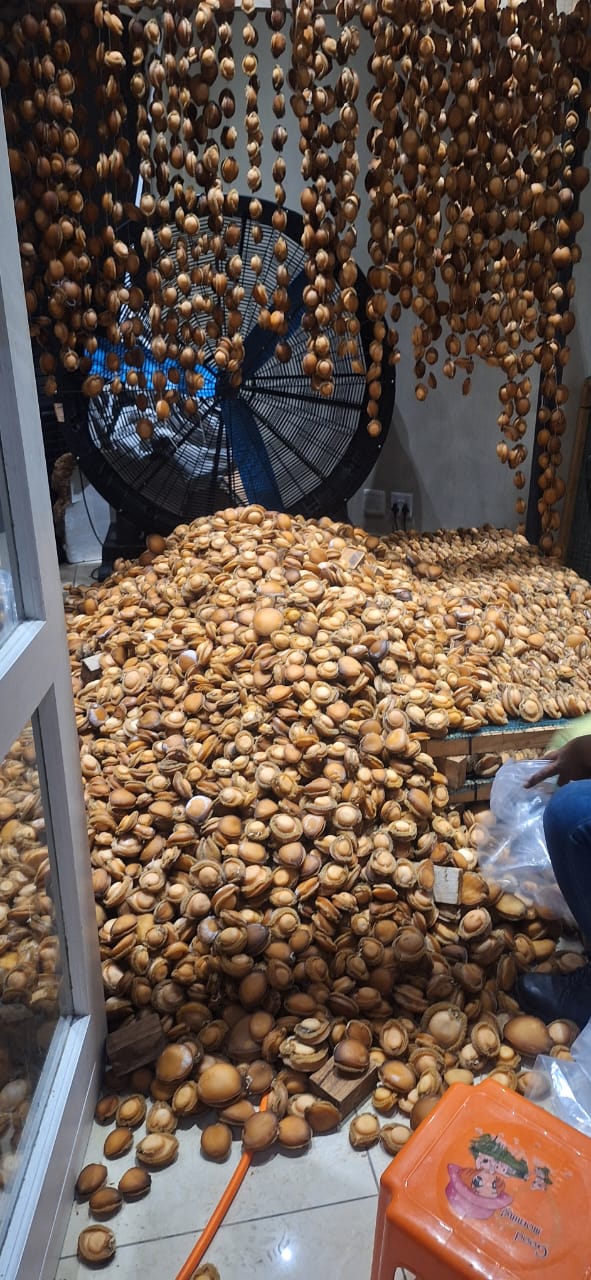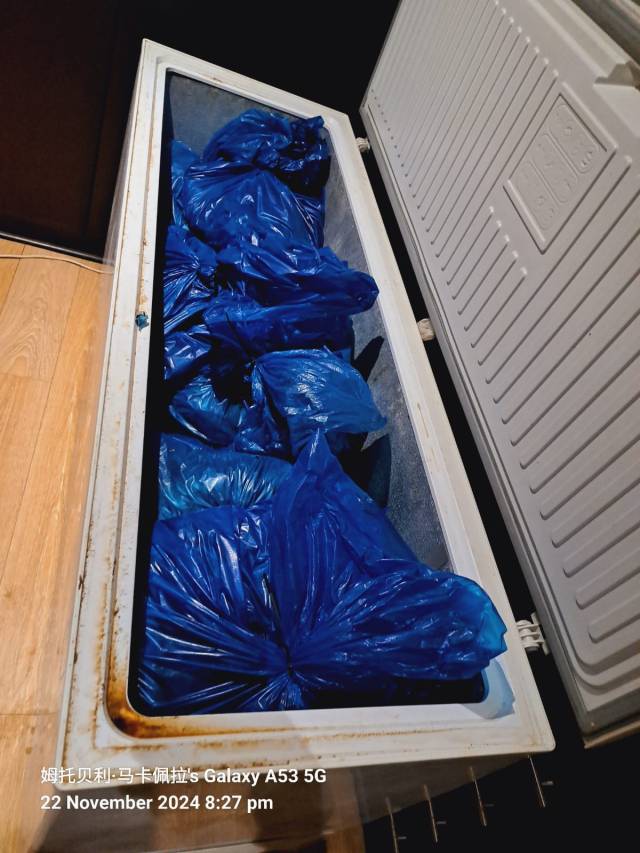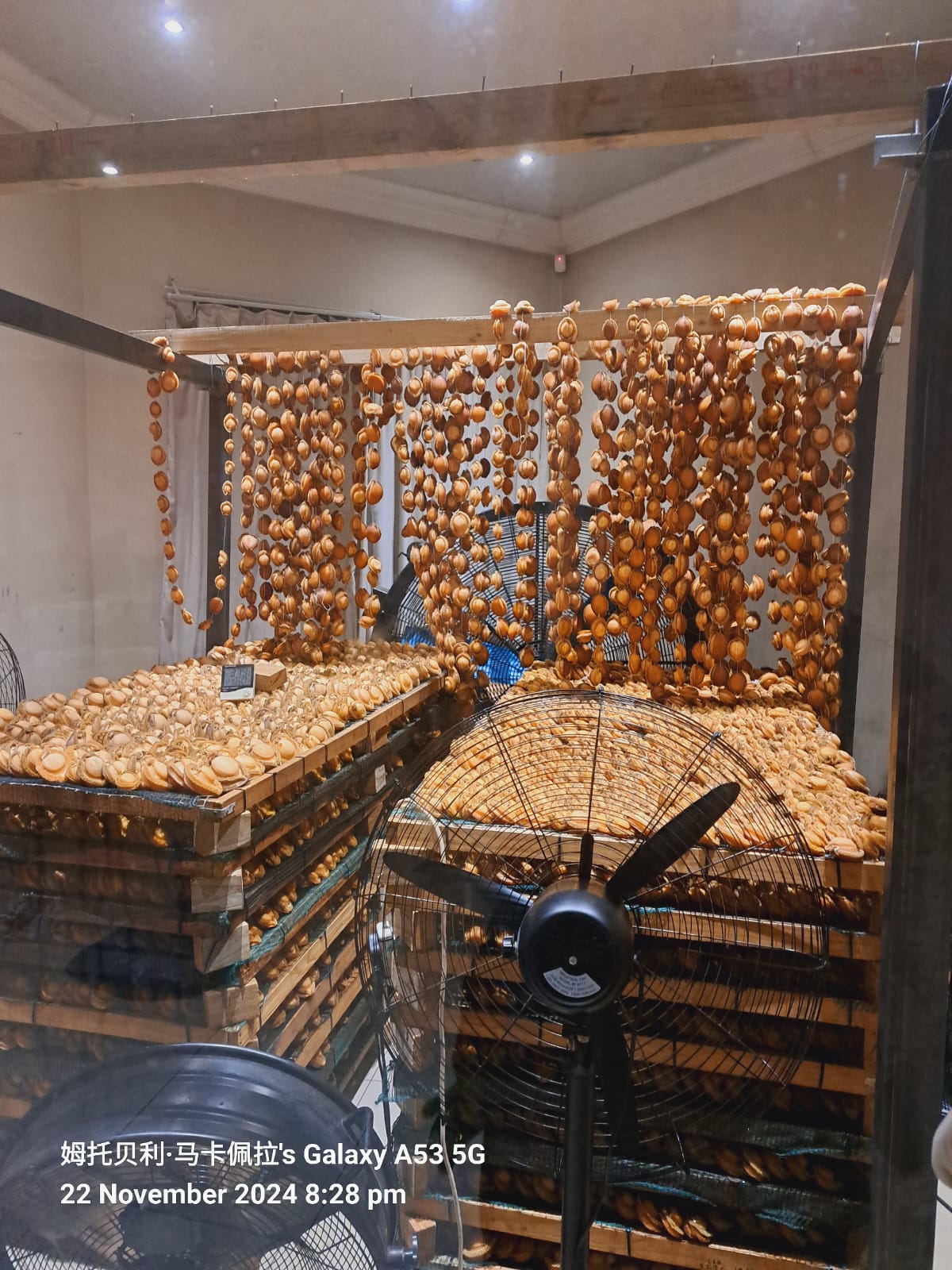

Over R7 million worth of abalone recovered in Gqeberha! A significant haul of abalone valued at over R7 million has been confiscated by a multi-disciplinary team of investigators in Bluewater Bay, Gqeberha.
This operation, which unfolded on Friday, marks a decisive blow against illegal marine resource activities in the Eastern Cape.
High-Speed Chase Leads to Arrests
The arrests followed a dramatic high-speed chase when the suspects failed to comply with police orders to stop. Provincial South African Police Service (SAPS) spokesperson, Colonel Sandra Janse van Rensburg, confirmed that the swift action of officers led to the apprehension of four individuals.

The suspects, aged between 35 and 40, now face charges of illegal possession of abalone and violations under the Marine Living Resources Act.
Authorities Determined to Tackle Abalone Smuggling
Major General Vuyisile Ncata, Nelson Mandela Bay District Commissioner, praised the SAPS Port of Ngqura and the Department of Forestry, Fisheries, and the Environment (DFFE) for their vigilance.
He highlighted the growing concern of illegal abalone activities in the region and reinforced the commitment of law enforcement agencies to dismantle such operations.
“Illegal abalone activities are a huge concern. SAPS members are leaving no stone unturned as they clamp down on criminals,” Ncata emphasized.

The latest seizure is a testament to ongoing efforts to curb the exploitation of marine resources, which often fuels broader criminal networks.
The Role of Abalone in the Black Market
Abalone, a delicacy in many parts of the world, particularly in East Asia, is highly sought after in the black market. South Africa’s coastal regions have been plagued by rampant poaching of this marine species, with syndicates often smuggling it overseas for significant profit.
Despite being protected under South Africa’s Marine Living Resources Act, abalone poaching has become an escalating problem.
The overexploitation of this marine resource not only threatens the species’ survival but also undermines the country’s efforts to preserve biodiversity.
The illegal trade is driven by high demand, with poachers risking prosecution to cash in on lucrative returns. Operations like this recent bust aim to deter criminal networks and safeguard South Africa’s natural heritage.
The Impact on Local Ecosystems and Economy
The abalone crisis extends beyond its illicit trade. Overfishing and illegal poaching have severely impacted marine ecosystems. Abalone plays a crucial role in maintaining ecological balance, and its decline affects other marine species, disrupting food chains and ocean biodiversity.
Moreover, the illegal trade undermines South Africa’s legitimate fishing industry, which supports many livelihoods. Local communities, dependent on sustainable fishing practices, often face challenges as their resources are depleted by criminal activities.

Collaboration Between Agencies
The success of this operation highlights the importance of inter-agency collaboration.
The combined efforts of the SAPS and the DFFE demonstrate how cooperation between law enforcement and environmental authorities can yield significant results.
Their ability to respond promptly, conduct effective surveillance, and execute coordinated actions is critical in tackling sophisticated smuggling operations.
Court Appearance and Legal Consequences
The four suspects are expected to appear in the Motherwell Magistrates Court on Monday. If convicted, they could face severe penalties, including substantial fines and imprisonment.
South African courts have been increasingly strict in cases of environmental crimes, aiming to send a strong message to potential offenders.
A Broader Strategy to Protect Marine Resources
This bust is part of a broader national strategy to combat illegal fishing and wildlife crimes. Authorities are ramping up efforts to not only prosecute offenders but also address the root causes of poaching. Public awareness campaigns and community engagement initiatives are being prioritized to involve local populations in protecting marine resources.
Call to Action for the Public
Law enforcement agencies have urged the public to report suspicious activities related to abalone poaching. Community involvement is crucial in combating this issue, as citizens can play a vital role in safeguarding South Africa’s marine ecosystems.
A Step Forward in the Fight Against Poaching
The recovery of over R7 million worth of abalone is a significant step forward in the fight against poaching. While the challenge remains immense, operations like this showcase the determination of South African authorities to protect their natural resources and bring criminals to justice.
#million #worth #abalone #recovered #Gqeberha



